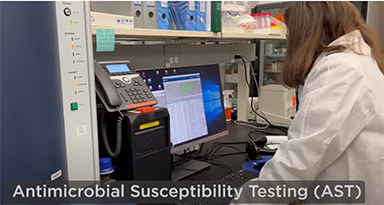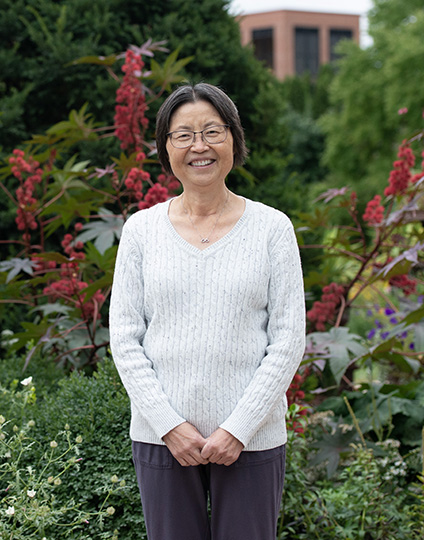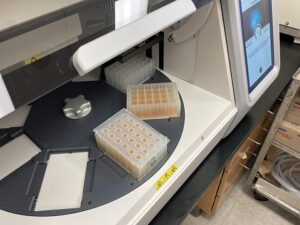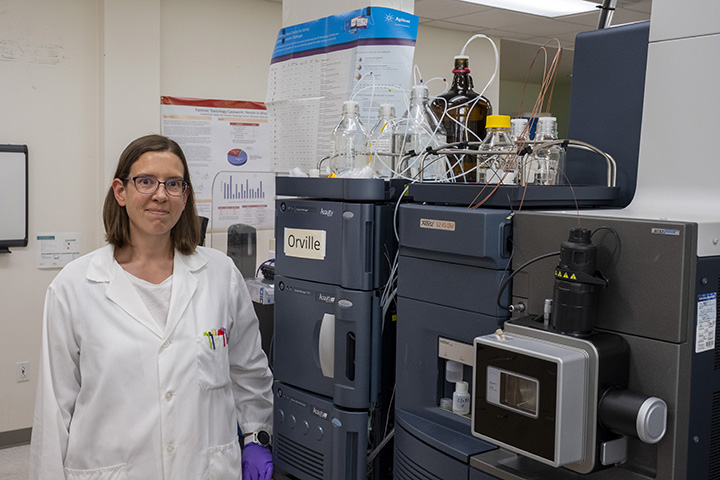The University of Wisconsin Department of Pediatrics, in conjunction with the Wisconsin State Laboratory of Hygiene (WSLH), UW Health and Prevention Genetics, has produced a video highlighting the unique features of the Laboratory Genetics and Genomics Fellowship program in Wisconsin.
The ACGME-accredited laboratory genetics and genomics (LGG) fellowship prepares individuals with a doctoral degree (PhD, MD or DO) to function as a LGG laboratory director. At the end of the two year fellowship, fellows may complete the American Board of Medical Genetics’ General Genetics and LGG examinations.
This program is offered in collaboration with the UW Cytogenetic Service and Molecular Genetics Laboratory at the Wisconsin State Laboratory of Hygiene; the UW Department of Pediatrics, UW Health, and PreventionGenetics, Inc. in Marshfield, Wisconsin. This unique relationship with the partner labs provides fellows with a broad range of clinical genetic testing experience, using state-of-the-art methods and in a variety of environments.




